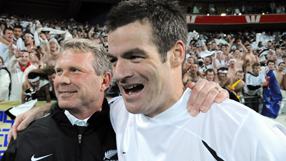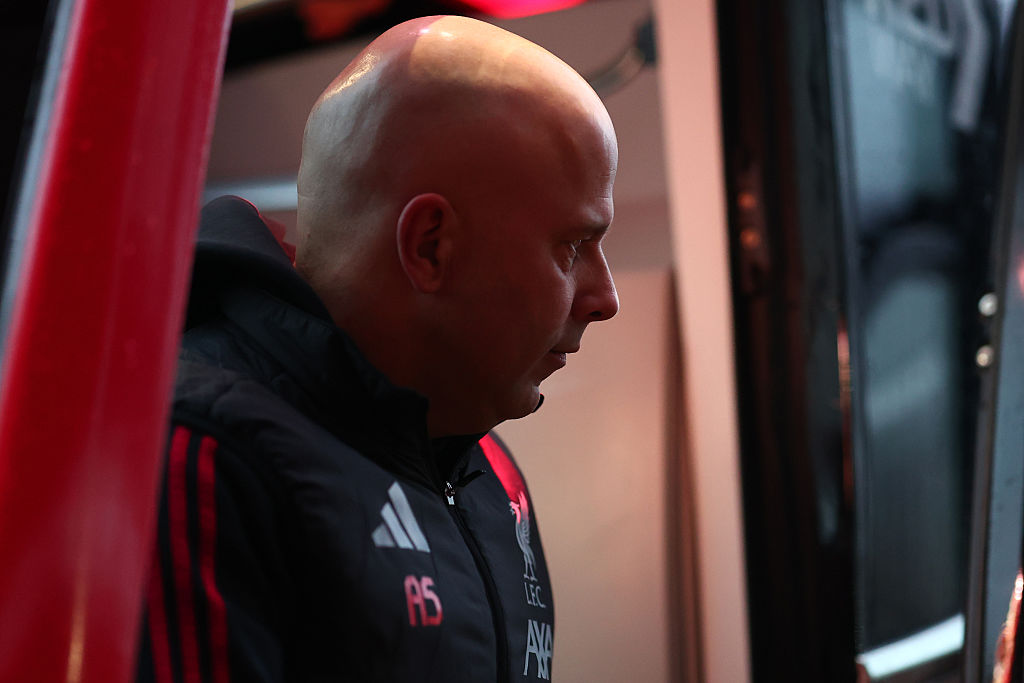
New Zealand are set to land around NZ$10 million ($7.43 million) for qualifying for next year's finals in South Africa after Rory Fallon's header gave them a 1-0 victory over Bahrain in their Asia/Oceania play-off in Wellington on Saturday.
New Zealand Football (NZF) Chief Executive Michael Glading said they had adopted a long-term strategy for the payout from FIFA and would ensure the money was put to good use.
"We were cautious about having a big windfall and going crazy (because) you've got a lot of money and you can create a lot of short-term activity and then the money runs out," Glading told Reuters. "We're very much thinking about long term."
Glading said the exact payout would not be known until world governing body FIFA finalised commercial arrangements, but NZF had budgeted for about NZ$10 million.
Some of the money would be used to fund the high-performance programme for the next four-year cycle while the rest would be invested to generate revenue for development programmes.
Discussions with potential sponsors, many of whom may have been waiting until after the play-off to see how New Zealand fared, would now also likely intensify, Glading said.
"There have been a few companies sitting in the wings and I guess those discussions become a little more active," he said.
The best features, fun and footballing quizzes, straight to your inbox every week.
"All the way through this process we have tried not to build a future based on winning one match so we have been ... talking about a long-term association, not just quick cash injections.
"Those days are over. It's about forming a longer term alliance with three or four organisations."
CHANGE
Coach Ricki Herbert, who was a member of the team that made the 1982 finals in Spain, said he hoped the NZF would not repeat the errors of the past when football failed to fully capitalise on the exposure created in the rugby-mad country.
"They better spend the bloody money right because we are not going down that pathway again," Hebert told reporters.
"We have waited 27 years to resurrect something and it is very important to all of us - the players, the public, the kids."
Fallon, meanwhile, urged the New Zealand public and media to give the sport some well-earned recognition.
"We can really do something good for the game. We can really do something to change things in New Zealand," Fallon said.
"We are not trying to take over rugby. Football is football and rugby is rugby. We just want a chance to get in the headlines.
"There has been a dark cloud over New Zealand football for years. Don't get me wrong, I love rugby, but sometimes they need to share the limelight."
 Join The Club
Join The Club





